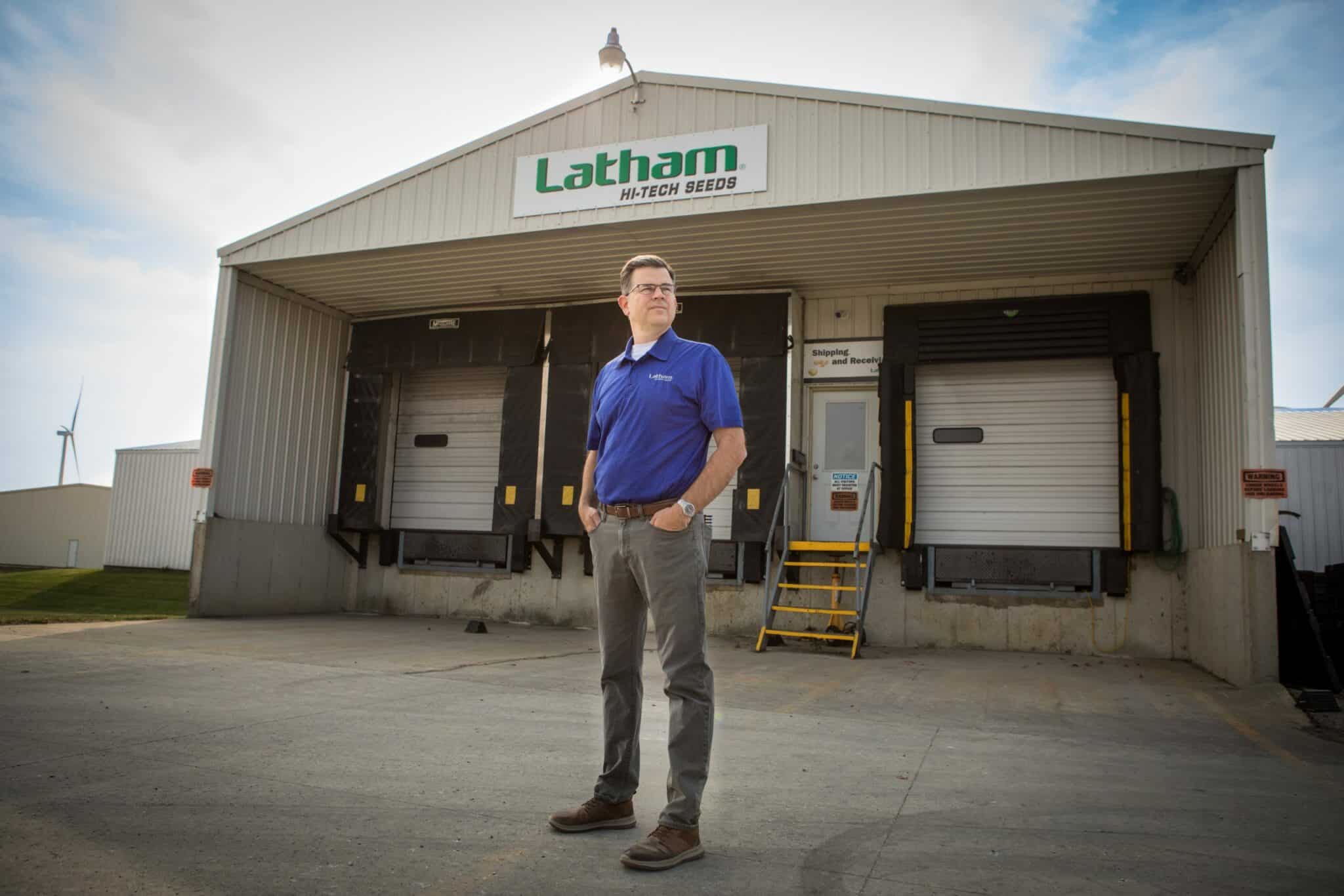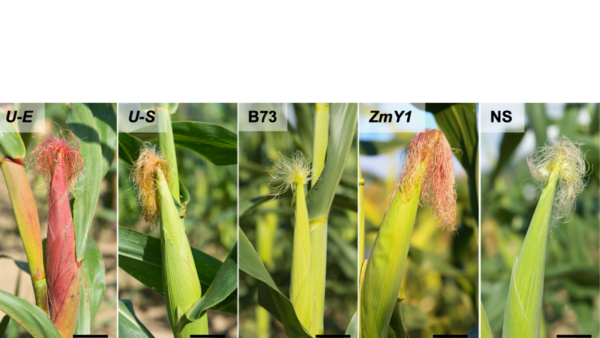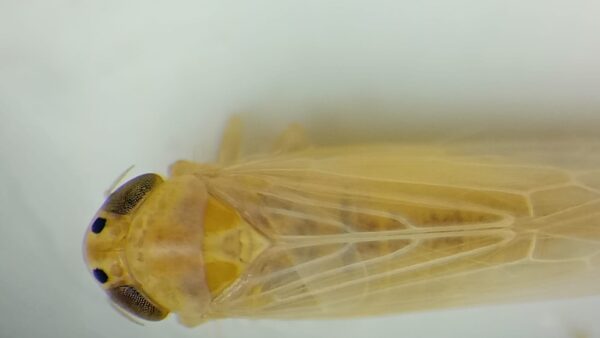John Latham, president of Latham Hi-Tech Seeds, reflects on following his family’s footsteps in the family business.
In a family business, it’s not unusual to see younger generations build upon the foundation built by the older generation.
John Latham, president of Latham Hi-Tech Seeds and chair of the American Seed Trade Association (ASTA), didn’t think he’d follow so closely in his father’s footsteps.
“I always wanted to be a senator when I grew up,” says Latham, who served as a senator for the Iowa State Student Body from 1990 to 1992. He graduated from Iowa State University in 1992 with a bachelor’s degree in Agricultural Business.
Latham’s political aspirations waned as his interest in agricultural business grew. He grew up in the house next to the seed business, shadowing his grandfather and father. Their family vacations revolved around seed industry conferences, including ASTA and the Independent Professional Seed Association (IPSA).
“After I graduated from high school, my dad kept me involved with seed industry events,” Latham says, whose father, Bill, served as Latham Seeds’ president from 1975 to 2009. “When I was in college, I actually sat with my dad in one of first IPSA meetings ever held. Every time we went to an ASTA meeting, I would learn so much from him. He would explain the background of the issues discussed, and it helped me learn about issues facing the seed industry.”
Latham learned how laws and regulations impacted the family’s business. He began to see that many times politics and business were intertwined. When his uncle Tom Latham was elected to Congress in 1994, it opened a sales position for Latham to join his family’s company.
“I’m so thankful my Uncle Tom was bitten by the political bug,” Latham jokes.
Now Latham is looking at ways to build upon his family’s foundation in the seed industry.
“My grandfather, Willard Latham, started Latham Seeds in 1947,” he says. “At that time, the oat crop in North Central Iowa was affected by smut. Grandpa retrofitted a piece of equipment that helped clean and preserve the local oats crop.”
After freezing while traveling from farm to farm cleaning oats that first winter, Willard installed the cleaner in a granary. Local farmers brought their oats to Alexander for cleaning and conditioning, so it was a natural transition into the seed business. Latham Seeds started offering certified seed oats and then branched into soybeans after Latham’s father and uncles returned to the family business. Under the direction of Bill Latham, Latham Seeds had one of the industry’s largest independent research programs. John made his mark by adding high-tech corn to the company’s portfolio.
“My grandfather required his sons to work elsewhere before coming back to the family business,” Latham says. “My dad worked for Monsanto. Uncle Don served in Vietnam, and Uncle Tom went into the insurance business.”
John’s experience came from working for Pioneer Hi-Bred International, Inc.
“Pioneer really taught me a lot about corn,” he says. “I had a great experience there, learning the ins and outs of hybrid seed corn. Understanding how to grow, cross and produce quality seed corn is important. My experience was really valuable when we started Latham Hi-Tech Hybrids in 2004.”
Latham served as president of Latham Hi-Tech Hybrids while continuing to work full time, leading the sales team for Latham Seeds. Five years later, he and his wife, along with his brother, were able to bring the two companies together. They have been doing business since 2009 as Latham Hi-Tech Seeds.
Since he has served as president of Latham Hi-Tech Seeds, Latham says he has driven by one thing: finding the perfect products for our customers.
“My dad was always a product person. Dad was active and interested in soybean breeding,” he says. “I’m driven to find that perfect corn or soybean seed product — one that can really make our customers profitable. That’s really been driving me in my career.”
The family business isn’t the only place Latham is expanding upon his father’s legacy. During the passing of the gavel at the 2020 ASTA Policy and Leadership Development Conference (PLDC), past chairman Wayne Gale mentioned how incredibly special it was to work with Latham and with his father. When Gale was president of the Canadian Seed Trade Association, Bill Latham was ASTA chair. He and Bill worked together to host a joint conference in 1998.
“It has been an absolute honor to follow in my dad’s footsteps and to serve as ASTA chair,” says Latham. “I learned so much from my dad. I really miss him, but I’m proud to continue building upon his legacy.”
Now, Latham is working on making his own mark as ASTA as chair.
“Things have been really different from what I imagined my time as chair to be,” says Latham. “The COVID-19 pandemic threw a wrench into many of our plans, but we have learned to adapt. All our meetings have been completely virtual. I really miss traveling and meeting face-to-face with industry colleagues.”
However, he continues to work with ASTA on bettering the seed industry.
“I want to continue doing the good work that ASTA has been doing with innovation and specifically gene editing,” he says. “Gene editing can benefit both large and small companies, but we must continue working on the communication and policy side of it.”
One thing Latham is hopeful for is the ability to wrap up his term as chair by hosting the ASTA 2021 PLDC meeting in Washington, D.C., in person.
“I love going to Washington for ASTA meetings,” Latham says. “I mentioned that I have a deep interest in politics, and we’ve been able to do a lot of great work on Capitol Hill on behalf of ASTA.”
One thing, in particular, Latham says he has been honored to help start with ASTA is the Seed First PAC.
“Seed First PAC is an opportunity to increase the seed industry’s influence and build relationships with members of congress,” he says. “We have already built some champions on Capitol Hill, and we need their influence. Many people elected to the House and Senate come from urban areas, so they often don’t understand agriculture. Building relationships with elected members who understand agriculture helps our industry.”
All-in-all, Latham is looking forward to the PLDC 2021 to bring the industry back together again in-person.
“It would be a great moment to come back together, and I’d love to be able to bring the industry together again after being apart for so long,” he says.











